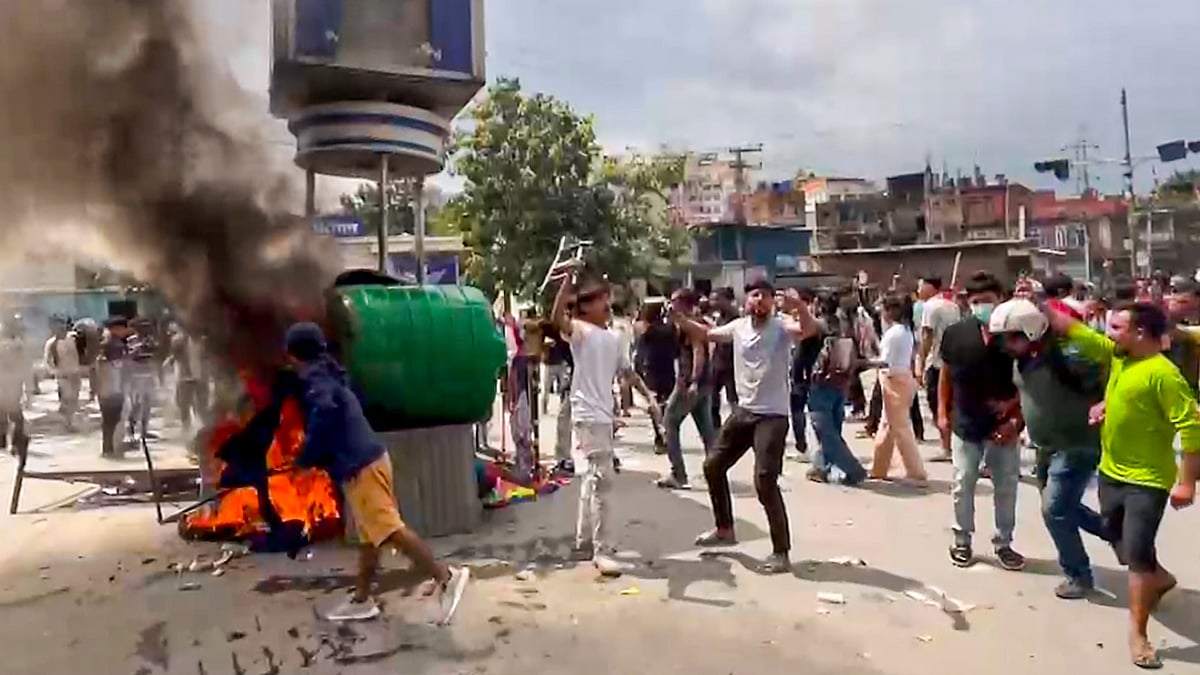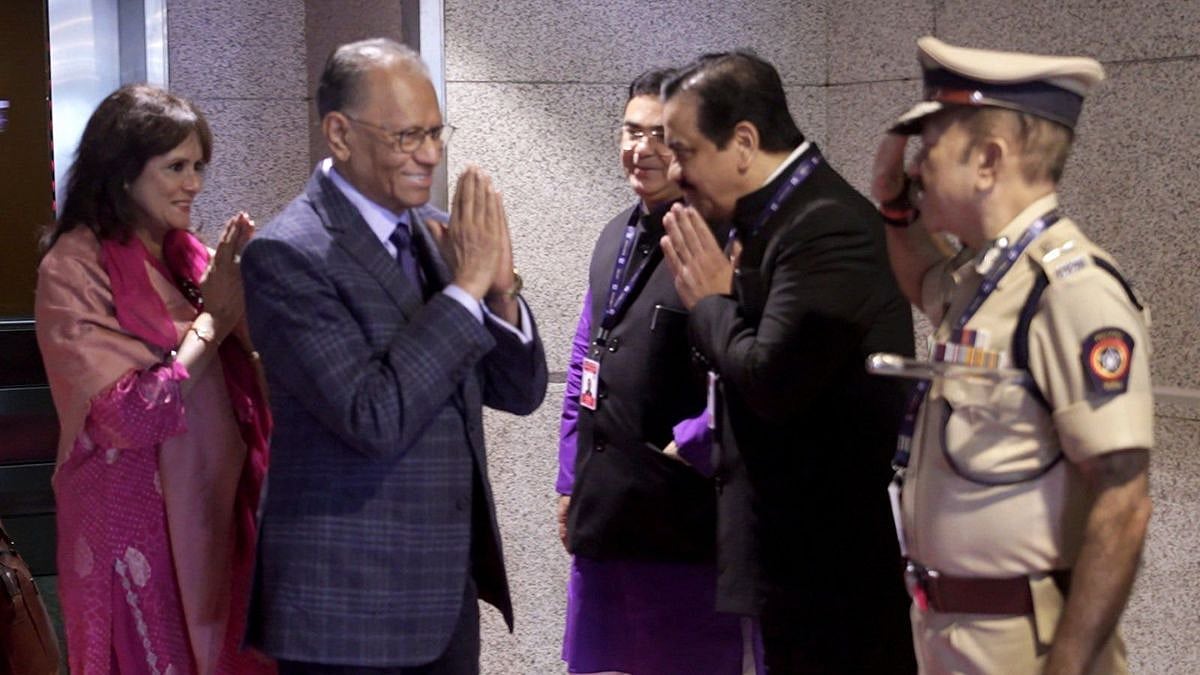Kochi: The Kerala High Court, on Tuesday, September 9, held that a person availing the services of a sex worker in a brothel can be prosecuted under Section 5(1)(d) of the Immoral Traffic (Prevention) Act, 1956 (ITPA). The court added that such an act amounts to "inducing prostitution rather than simply purchasing a service".
The judgement was delivered by Justice VG Arun in a case arising from a police raid in Thiruvananthapuram, where the petitioner was found with a sex worker and claimed he was merely a "customer".
Rejecting this claim, the Court said that the term "customer" implies a transaction involving goods or services, and a sex worker cannot be treated as either. Instead, it observed that such payments act as inducements, compelling individuals, many of whom are victims of coercion or trafficking, to engage in prostitution.
'Payment is Inducement, Not Commercial Transaction'
“A person utilising the service of a sex worker at a brothel cannot be termed a customer. A sex worker cannot be denigrated as a product. In most cases, they are lured into the trade through human trafficking and compelled to offer his/her body to satisfy the carnal pleasure of others," the Court observed, as quoted by Live Law.
The Court held that the money paid in such situations is not for a lawful service but functions as a means to induce the sex worker to continue in prostitution. Therefore, it attracts penal provisions under Section 5(1)(d), which criminalises inducing or causing someone to engage in prostitution.

Proceedings Partially Quashed
The petitioner had been booked under multiple sections of the ITPA, including Section 3 (keeping a brothel), Section 4 (living on the earnings of prostitution), Section 5(1)(d), and Section 7 (prostitution in or near public places). While the Court quashed proceedings under Sections 3 and 4, it allowed the prosecution to continue under Sections 5(1)(d) and 7.











